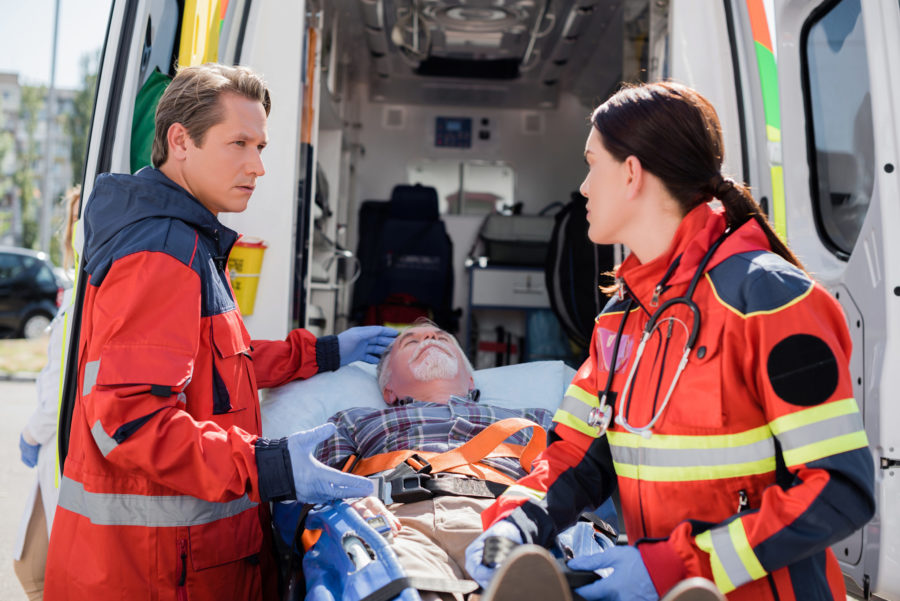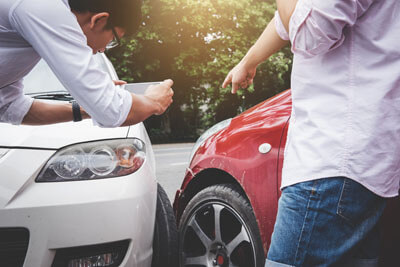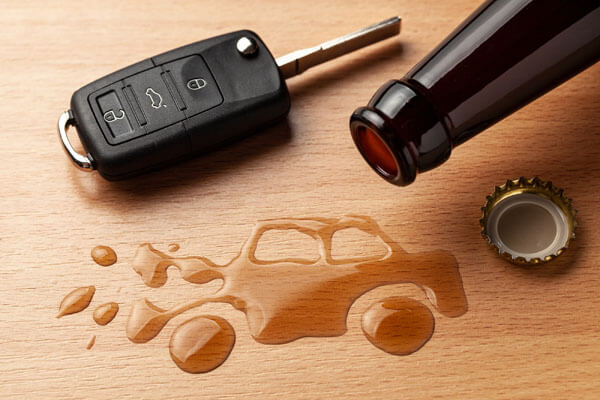
Chest Injuries in a Car Accident

Car accidents are inherently traumatic, and motorists often suffer the brunt of damage in their chests. There are some simple reasons for this.
For one, a seat belt can cut deeply into the chest, causing injury. Although seat belts save lives—and all motorists should wear one—it nevertheless is the case that a seat belt can cause trauma. For another, someone unbelted can also suffer a chest injury when you slam into the steering wheel or dash. Those thrown from a vehicle can also suffer serious chest injuries.
Chest injuries range from minor-yet-painful to life-threatening. Contact one of our car accident lawyers in Virginia Beach today to discuss possible compensation.
Bruised or Broken Ribs
A seatbelt can easily bruise the ribs in a crash. The primary symptoms are tenderness and pain, especially when you breathe.
When ribs break, a patient can suffer even more intense pain. Even worse, many people develop pneumonia as a complication, which can become deadly, especially in the elderly. One study found that for each additional rib broken, someone age 65 or older saw their risk of pneumonia increase by 27% and their risk of death go up by almost 20%. Multiple fractures are very deadly in seniors.
Bruised or broken ribs need time to heal, but recovery is complicated by the fact that you can’t immobilize your rib cage. Patients must closely monitor their symptoms and reduce physical activity to promote healing.
Strained Pectoral Muscles
A car accident can stretch and tear soft tissue, especially muscles in the chest. You will probably feel pain which increases in severity when you try to lift something.
Muscle strains rarely require surgery. Instead, patients can recover by icing the injury to reduce swelling and resting. Rest is especially important so that the victim does not aggravate the strain.
Sternum Break
The sternum is also called the breastbone. It sits in the middle of the chest. The ribs connect to this bone via cartilage, and the bone moves as you breathe.
Any car accident can fracture the sternum. Symptoms manifest most often when you breathe, laugh, or cough, causing pain. Because pectoral muscles also attach to the sternum, you can feel pain when you move an object.
Most sternal fractures require rest to allow the bone to heal, but patients will need to manage their pain and swelling. With extreme fractures, a patient might require surgery to set the bone. On average, a sternal fracture will heal in around 10 weeks.
Collapsed Lung
Car accidents can lead to a collapsed lung, which in medical terms is called a pneumothorax. Air enters the space around the lung, leading to an increase in pressure. A victim usually experiences tightness or ache in the chest, shortness of breath, and an elevated heart rate.
Prompt treatment is necessary to prevent serious injury and even death. A doctor might insert tubes into the chest to drain excess air or perform surgery.
Heart Contusion
Any trauma can bruise a muscle, and the heart is a muscle. Traumatic car crashes can compress the heart, leading to injury. Chest contusions share many of the same symptoms as other injuries discussed in this article, including pain, increased heart rate, lightheadedness, and shortness of breath.
Heart contusions can range from mild to serious. All chest pain requires a trip to the doctor just to be safe. Some common treatments include draining blood from the heart and inserting tubes to avoid fluid buildup. In extreme cases, a patient might need a pacemaker inserted or surgery to repair damaged vessels.
Speak to an Auto Accident Lawyer in Virginia Beach
Chest injuries are expensive to treat, especially when a victim requires surgery. Even in the best case situation, a victim will probably miss work and lose out on needed income. Fortunately, Virginia allows injured victims to sue the person responsible for the crash.
Contact Breit Law today. A member of our team will gladly meet to discuss your accident and how you are recovering.




